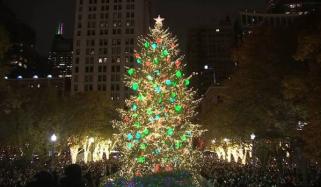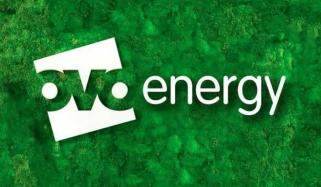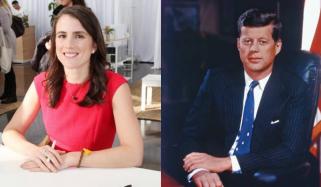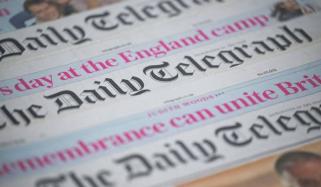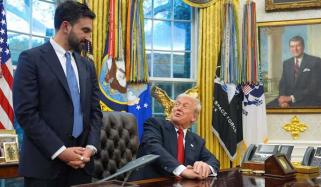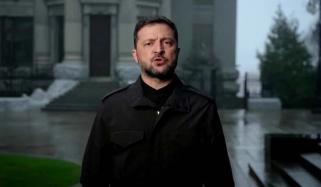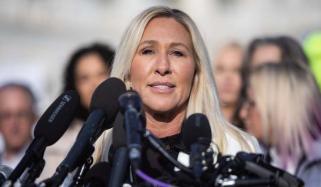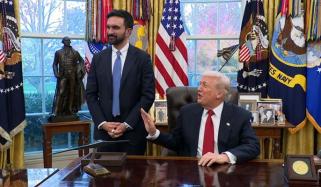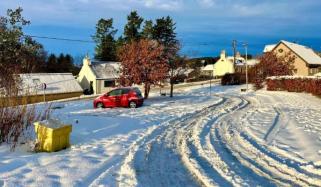Nepal's government has lifted a ban on social media platforms, a day after the deadly protests leave 19 dead.
The announcement came on Tuesday, September 9, following the block on major platforms, including X, YouTube, and Facebook, last week.
Police in the capital, Kathmandu, opened fire on demonstrators protesting a government attempt to regulate social media on Monday.
Home Minister Ramesh Lekhak also resigned late Monday at an emergency Cabinet meeting called by Prime Minister Khadga Prasad Oli.
Rallies crowded the streets around the Parliament building, which was surrounded by tens of thousands of people angry at authorities, who cited the companies failing to register as the reason for the ban.
The police opened fire as the government aimed a broader attempt to regulate social media with a bill to ensure the platforms are "properly managed, responsible and accountable."
Moreover, the proposal has been widely criticised as a tool for censorship and for punishing government opponents who voice their protests online.
About two dozen social networks that are widely used in Nepal were repeatedly given notices to register their companies officially in the Himalayan nation, the government claimed. Those that failed to register have been blocked since last week.
The video-sharing app TikTok, Viber and three other platforms have registered and operated without interruption.
Following the demonstrations, the government imposed a curfew around Parliament, the government secretariat, the presidential house and key parts of the capital and in two other cities of Nepal.
Seven of those killed and injured were received at the National Trauma Center, with bullet wounds in the head and chest.
"Stop the ban on social media. Stop corruption, not social media," the crowds outside Parliament chanted, waving the red and blue national flag.
Monday's rally was called the protest of Gen Z, which generally refers to people born between 1995 and 2010.



